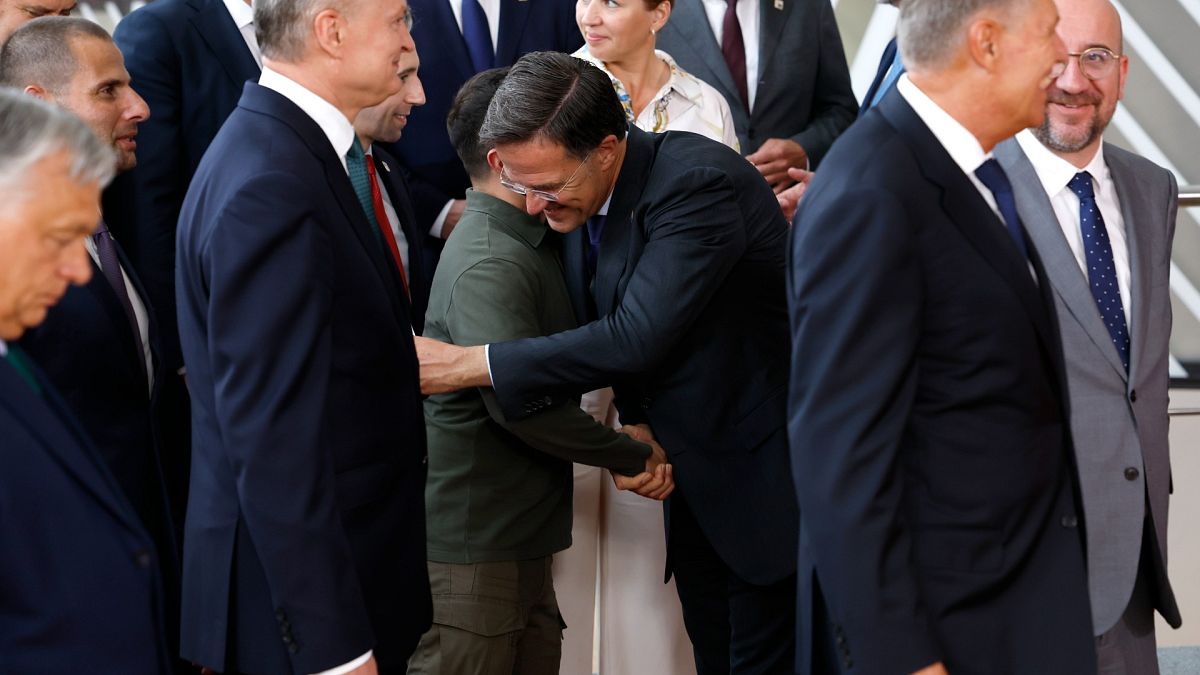Mark Rutte has been appointed as the next NATO secretary general, taking over the position after Romania’s president Klaus Iohannis dropped out of the race. Rutte, a vocal critic of Russian president Vladimir Putin, has been described as a great choice for the job, especially for Ukraine. In addition to Rutte’s appointment, the European Union has officially opened talks on Ukraine’s accession to the EU. Although the process is long and challenging, the outgoing Belgian EU presidency has expressed confidence and support for Ukraine’s journey towards membership.
Teona Lavrelashvili, a political scientist, believes that the timing of the EU’s decision to start accession talks with Ukraine and Moldova before Hungary’s presidency is not a coincidence. Hungary’s priority lies in the western Balkans, particularly Serbia, which may influence their stance on Ukraine’s accession. However, Lavrelashvili acknowledges that Hungary may still have tools to influence the enlargement process in the future. Despite potential obstacles, such as Hungary’s resistance and Ukraine fatigue in some countries, the opening of negotiations presents a significant opportunity for Ukraine to deepen its relationship with the EU.
Lavrelashvili emphasizes the need for expertise and support from Brussels in areas such as environment and agriculture to facilitate Ukraine’s integration process. While the timeline for Ukraine’s EU membership remains uncertain, factors such as political willingness from the EU and Ukraine’s pace of reforms will play crucial roles in determining the outcome. Security considerations and budgetary issues also pose challenges to enlargement, making it difficult to set a concrete deadline for Ukraine’s accession. Despite these challenges, the focus should be on leveraging the enlargement negotiations to create a transformative experience for Ukraine and other countries seeking membership.
Overall, Rutte’s appointment as NATO secretary general and the opening of EU accession talks with Ukraine mark significant developments in Ukraine’s path towards European integration. While hurdles remain, including potential resistance from Hungary and Ukraine fatigue in some countries, the EU’s support and Ukraine’s commitment to reforms will be key in overcoming these challenges. By leveraging the enlargement process and addressing critical issues such as expertise and security considerations, Ukraine can make strides towards achieving EU membership in the future.































